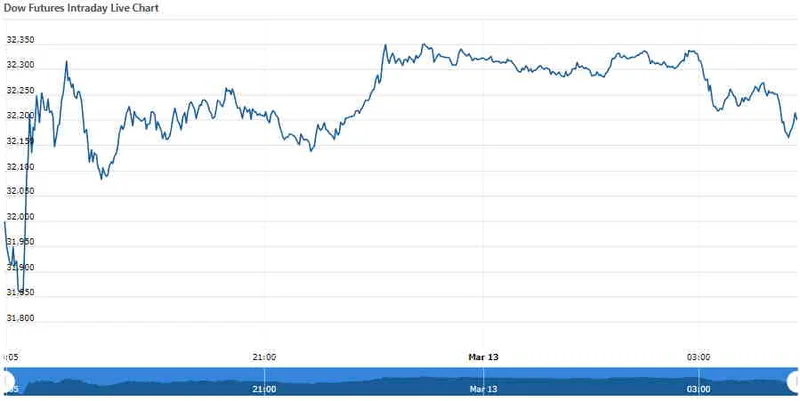NBCUniversal's cookie notice – a document most people blindly click through – highlights a tension that's only intensifying in 2025: the trade-off between personalized experiences and privacy. Are these digital crumbs really worth the potential cost of our data being tracked and analyzed? The notice meticulously details the different types of cookies used, from strictly necessary ones (for basic website function) to those designed for ad selection and delivery. It’s this latter category that raises the most eyebrows (and generates the most revenue, I suspect).
The promise of personalized ads is simple: show users content tailored to their interests, making the online experience more relevant and engaging. But the reality is often less utopian. How accurate are these algorithms, really? How often do they serve up ads for products we’ve already bought, or worse, items that are completely irrelevant? The notice states that if you reject ad selection cookies, you might see "contextual advertising that may be less relevant to you." But isn’t much of the targeted advertising already pretty irrelevant?
This brings us to the question of effectiveness. Measurement and analytics cookies, according to the notice, are used to "measure the delivery and effectiveness of content and advertising." But what constitutes "effectiveness"? Is it click-through rates? Conversion rates? Or simply the ability to track a user across multiple platforms and devices? (A capability that, let's be honest, feels a little creepy.) We're told these cookies help improve content and user experience, but how much of that "improvement" is actually driven by a desire to maximize ad revenue? Details on the specific metrics used to gauge "effectiveness" remain scarce, but the implication is clear: data drives decisions.
The cookie notice also outlines various methods for managing cookie preferences, from browser controls to opt-out mechanisms provided by analytics and advertising vendors. It's a veritable maze of settings and options, requiring users to navigate multiple interfaces and understand complex terminology. The average internet user, I suspect, doesn’t have the time or the technical expertise to fully grasp these controls. (Frankly, even I find it tedious.)

And this is the part of the report that I find genuinely puzzling. If companies are genuinely committed to user privacy, why make it so difficult to opt out of tracking? Why not offer a simple, one-click solution that disables all non-essential cookies? The answer, of course, is that data is valuable. The more data companies collect, the more effectively they can target ads and generate revenue. The notice states that even after opting out of interest-based advertising, users will still see ads, "but they may not be as relevant to you." It's a subtle admission that the entire system is designed to prioritize ad delivery, even at the expense of user experience.
Furthermore, the document acknowledges the use of "cross-device tracking," which allows companies to link a user's activity across multiple devices for advertising purposes. While users can opt out of browser-based cross-device tracking, the notice states that "we may still conduct cross-device tracking for other purposes, such as analytics." So, even if you take steps to limit ad tracking, your data may still be used to build a profile of your online behavior. It's a bit like trying to drain a swimming pool with a teaspoon – you might make some progress, but the water keeps flowing. The implications for privacy are significant.
The entire system hinges on the unspoken agreement that users are willing to trade their data for access to "free" content and services. But is this really a fair exchange? Are users fully informed about the extent of data collection and the potential consequences for their privacy? The rise of ad blockers and privacy-focused browsers suggests that many users are becoming increasingly skeptical of this trade-off. As S&P 500 and Nasdaq turn positive as tech stocks recover some ground: Live updates show, tech stocks are still sensitive to changes in user behavior and privacy regulations.
The question isn't whether personalized ads are possible in 2025, but whether they're desirable at the current cost. The NBCUniversal cookie notice, while seemingly innocuous, serves as a reminder of the complex and often opaque world of online tracking. It's a world where data is king, and user privacy is often treated as an afterthought. So, are cookies crumbling? Maybe not entirely. But the growing awareness of their impact suggests that the future of personalized advertising may be less certain than many companies would like to believe.
The numbers don't lie. While NBCUniversal says they’re trying to improve user experience, the truth is that the whole cookie system is designed to maximize ad revenue, with privacy as an afterthought. The "free" internet isn't really free – you're paying with your data.